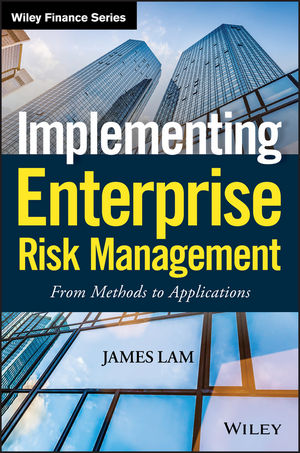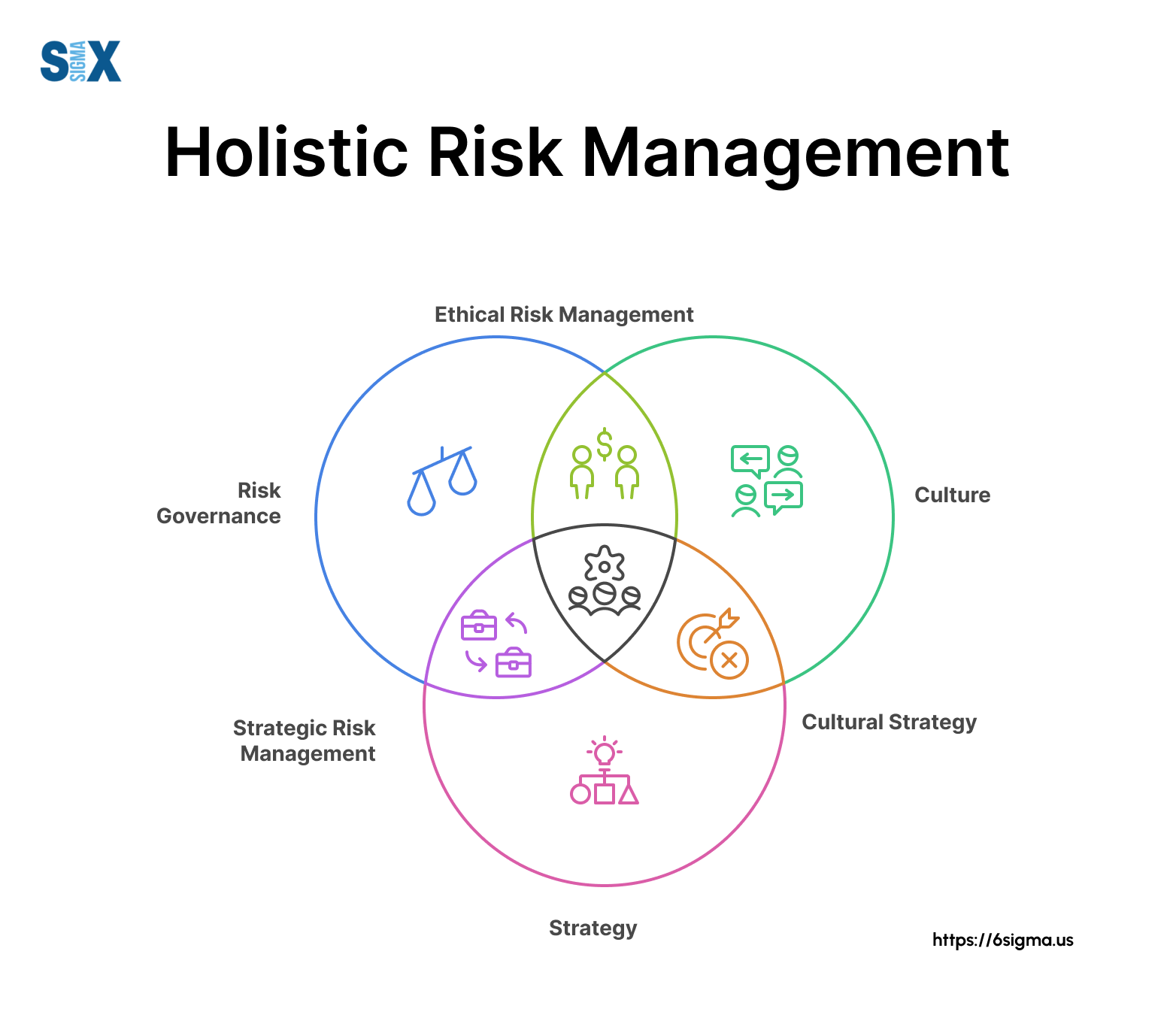Insider threats serve as a effective guide for strengthening system frameworks
Wiki Article
Explore the Duty of AI in Promoting Ethics and Stability to Combat Expert Threats Effectively
The assimilation of AI in organizational structures has become pivotal in resolving expert hazards. By employing innovative analytics and real-time surveillance, AI systems can recognize inconsistencies from honest habits among workers (Insider threats). This positive technique not just enhances compliance but also cultivates an atmosphere of trust. As firms increasingly depend on these innovations, concerns arise regarding their performance and potential effects for workplace society. What exists ahead in the development of AI's duty in advertising honesty?Comprehending Expert Threats and Their Influence On Organizations
Companies frequently focus on exterior threats, expert hazards pose a considerable threat that can threaten safety and security and stability. These threats emerge from people within the company, such as staff members or specialists, who may abuse their accessibility to delicate details for personal gain or malicious intent. The influence of insider dangers can be severe, resulting in financial losses, reputational damage, and lawful ramifications.Factors adding to expert threats include discontentment with the workplace, lack of oversight, and insufficient worker training on security methods. Organizations often have a hard time to recognize these hazards, as they can be hard to identify till significant damage has actually happened. Prevention methods have to concentrate on cultivating a society of depend on and accountability, alongside implementing durable surveillance and reporting systems. By identifying and resolving the complexities of insider hazards, companies can improve their protection position and safeguard their useful properties from internal risks.
The Development of AI in Work Environment Security
As organizations increasingly confront varied safety and security difficulties, the integration of synthetic knowledge (AI) in office protection has actually developed substantially. Originally, AI applications concentrated largely on automating fundamental safety and security procedures, such as gain access to control and surveillance. Innovations in maker knowing and information analytics have actually changed AI right into a proactive tool qualified of recognizing potential dangers and vulnerabilities in real-time.Organizations now leverage AI-driven systems to examine vast quantities of information, enabling them to discover strange actions that may indicate expert dangers. This evolution has actually led to the development of advanced algorithms that can gain from historical occurrences, enhancing the system's predictive capacities. In enhancement, AI devices are progressively utilized to enhance incident response procedures, allowing safety and security groups to act swiftly and properly.
How AI Monitors Employee Behavior for Ethical Conformity
Expert system plays a necessary function in checking staff member actions to guarantee ethical conformity within companies. AI systems analyze large quantities of information generated by employees, consisting of communications, purchases, and accessibility to sensitive details. By utilizing innovative formulas, these systems can recognize discrepancies from established ethical requirements and business policies.Artificial intelligence models constantly adjust to acknowledge patterns of actions that might suggest honest breaches, such as unauthorized data access or uncommon transaction activities. Insider threats. Furthermore, AI-driven devices can offer real-time signals to monitoring, helping with prompt treatments when possible dangers are spotted
The combination of AI into conformity tracking not only enhances the company's capability to maintain honesty yet additionally fosters a society of accountability amongst staff members. By advertising transparency, AI systems serve as a deterrent versus dishonest behavior, ensuring that workers remain lined up with business values and moral criteria.
Examining Patterns: Determining Risky Habits With AI
A growing variety of organizations are leveraging AI to assess patterns that may suggest risky behavior amongst employees. By making use of advanced algorithms, these systems can sift through vast quantities of data, identifying abnormalities in user actions that might suggest possible insider threats. AI can spot unusual gain access to patterns to delicate info, such as employees accessing files outside their common scope of work or during atypical hours. Additionally, behavior analytics can highlight constant changes in a worker's communication design or cooperation routines, which may indicate underlying issues. This proactive strategy makes it possible for companies to pinpoint risk aspects before they intensify right into considerable risks. Consequently, the assimilation of AI right into checking methods not just enhances safety but additionally fosters a culture of liability and honest habits. By identifying these patterns, organizations can much better comprehend the behavior characteristics within their labor force, inevitably advertising a safer and extra moral job setting.
Real-Time Insights: Immediate Reactions to Prospective Threats
Real-time insights through predictive analytics and automated sharp systems play an important role in attending to prospective risks to ethics and integrity. By leveraging these technologies, companies can expect risky actions and react without delay to alleviate dangers. This proactive method enhances liability and promotes a culture of integrity in different atmospheres.Predictive Analytics Applications

Automated Alert Solutions
Anticipating analytics offers a foundation for companies to enhance their responsiveness to ethical concerns with automated sharp systems. These systems make use of real-time information to keep an eye on tasks, discovering anomalies that may represent possible insider hazards. By leveraging artificial intelligence formulas, automated alerts can determine patterns of behavior that differ established norms, enabling for speedy intervention. This immediacy is necessary in mitigating threats associated with underhanded techniques. Automated alert page systems can simplify interaction amongst pertinent stakeholders, guaranteeing that possible hazards are addressed without delay and efficiently. As organizations progressively rely on AI-driven services, the assimilation of automated alert systems will play a critical duty in promoting a society of principles and integrity, inevitably protecting business possessions.Fostering a Culture of Trust Fund Through AI-Driven Openness
AI-driven transparency can greatly improve count on within companies by promoting responsibility and open interaction. Via real-time tracking options, stakeholders can get insights into procedures and decision-making, cultivating a society of honesty. Data-driven decision-making even more supports this openness, enabling informed options that align with moral standards.Enhancing Openness and Accountability
Just how can organizations properly cultivate a society of depend on? By boosting transparency and liability with the strategic use synthetic knowledge. AI can aid organizations methodically track decision-making processes, guaranteeing that activities line up with well-known honest criteria. This openness enables workers to see the reasoning behind policies and choices, minimizing uncertainty and cultivating a sense of fairness. In addition, AI-driven tools can promote clear communication pertaining to expectations and duties, encouraging people to take ownership of their activities. As responsibility comes to be embedded in the business society, employees are most likely to take part in ethical behavior, recognizing their activities are monitored and assessed. Eventually, this approach cultivates an atmosphere where trust fund can prosper, significantly minimizing the threat of insider risks.Real-Time Monitoring Solutions
As companies increasingly look for to cultivate a society of depend on, real-time tracking options emerge as a pivotal tool in enhancing openness. These AI-driven systems continuously track tasks, supplying understandings right into user actions and potential anomalies that may suggest expert risks. By applying such surveillance options, companies can proactively recognize threats, making certain timely More Info feedbacks to dubious activities. This not just safeguards sensitive details however additionally enhances a dedication to moral practices. The clear nature of real-time surveillance helps build worker confidence, as people are conscious that their actions are being observed for the better good. Eventually, these remedies serve to cultivate a workplace environment grounded in trust fund, liability, and ethical stability, vital for mitigating expert hazards properly.
Data-Driven Decision Making
Real-time monitoring solutions lay the groundwork for data-driven decision production, which substantially enhances business openness. By leveraging AI modern technologies, organizations can evaluate large quantities of information to determine patterns and anomalies indicative of possible expert threats. This logical method enables stakeholders to make educated decisions based in empirical proof, cultivating a society of trust fund amongst workers. Openness in decision-making processes, bolstered by AI-driven understandings, encourages responsibility and moral habits. Furthermore, it permits companies to proactively resolve susceptabilities, making sure that activities taken are warranted and communicated plainly. Therefore, the execution of data-driven methods not only reduces threats related to expert risks however also strengthens the worths of honesty and moral conduct within the business structure.Future Patterns: The Function of AI in Enhancing Office Ethics
While organizations significantly transform to artificial intelligence for functional performance, the potential of AI to enhance workplace values is getting importance. Future trends show that AI will certainly play an essential function in developing honest structures and guidelines, permitting companies to navigate complicated ethical problems. By assessing large amounts of data, AI can identify patterns of dishonest actions and supply understandings that promote transparency and accountability.Additionally, AI-driven tools can help with real-time monitoring of employee interactions, assuring adherence to honest requirements. This proactive approach not just mitigates insider hazards yet also grows a culture of integrity. As companies embrace AI innovations, they must likewise focus on moral programming and algorithmic bias reduction to assure fairness.
In this evolving landscape, the assimilation of AI in honest techniques represents a transformative shift, fostering an environment where honesty is not merely expected but methodically enhanced.
Regularly Asked Concerns
How Does AI Differentiate In Between Benign and Malicious Actions?
AI distinguishes in between destructive and benign actions by examining patterns in customer behavior, using artificial intelligence algorithms to recognize abnormalities, and reviewing contextual information to identify whether actions line up with established standards or show potential threats.Can AI Equipment Replace Human Judgment in Honest Decision-Making?
AI devices can not fully change human judgment in ethical decision-making. While they can analyze data and recognize patterns, the nuanced understanding of context, worths, and moral ramifications still needs human understanding and discernment.What Are the Personal Privacy Ramifications of AI Checking Employee Habits?

Just How Can Organizations Guarantee AI Algorithms Are Fairly Developed?
Organizations can guarantee AI formulas are fairly made by executing clear development processes, entailing diverse stakeholders, performing normal audits, and adhering to well established moral frameworks that prioritize justness, responsibility, and regard for individual privacy and rights.What Training Is Required for Team to Recognize Ai's Honest Duty?
Team training need to encompass fundamental AI values, data privacy, and predisposition recognition. Workshops, study, and interactive sessions can improve understanding, ensuring workers recognize AI's honest effects and its role in fostering integrity within the company.
Man-made knowledge plays a vital function in keeping track of employee behavior to assure honest compliance within organizations. The integration of AI right into monitoring techniques not only enhances safety and security however additionally promotes a culture of accountability and ethical habits. While companies progressively deal with moral predicaments and potential honesty violations, predictive analytics applications supply timely understandings that can aid minimize these risks. Anticipating analytics gives a structure for companies to boost their responsiveness to ethical problems through automated alert systems. Future fads suggest that AI will play a necessary role in establishing honest frameworks and guidelines, allowing companies to navigate complex ethical predicaments.
Report this wiki page